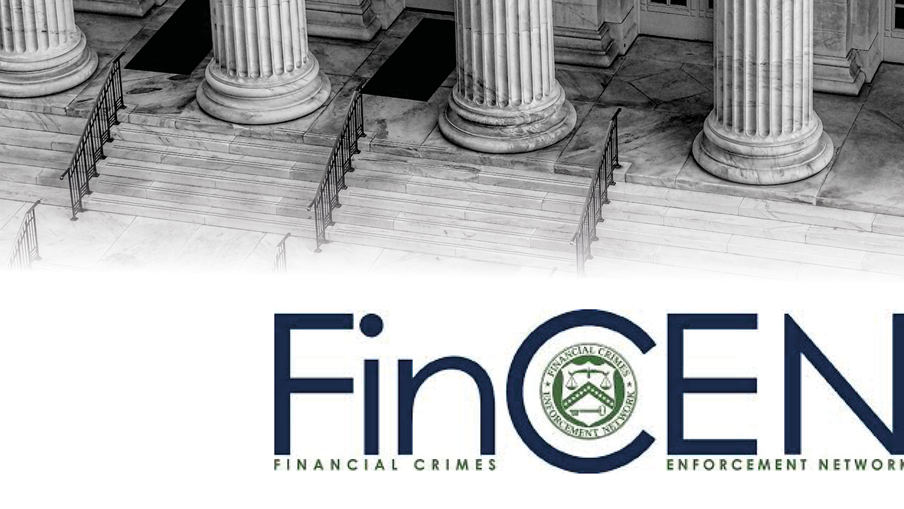The U.S. Treasury Department expanded its advisory on widespread public corruption in Venezuela, citing large-scale trade-based money laundering schemes and misuse of a government-sponsored food distribution program.
The advisory, issued Friday by the Treasury’s Financial Crimes Enforcement Network, followed a failed uprising earlier in the week by Venezuelan opposition leader Juan Guaido against Nicolas Maduro, who leads a government the U.S. and a number of neighboring states see as illegitimate.
The document alerts financial institutions about the methods senior Venezuelan political figures and their associates utilize to move, hide and access proceeds of corruption. It updates an earlier advisory from 2017 by adding an overview of U.S. sanctions designations and enforcement actions taken since then, as well as identifying some red flags for banks to help spot indicators of corruption.
The new advisory flagged additional jurisdictions, including the Caribbean and southern Europe, as regions of concern for the purchase of high value assets, including real estate, by members of the Maduro government. The previous document had only cited Florida and Texas.
Since the 2017 advisory, the U.S. has issued multiple executive orders addressing the situation in Venezuela; sanctioned top Venezuelan officials and companies; and prosecuted dozens of people in U.S. courts for Venezuela-linked corruption, including graft at state-owned oil company Petroleos de Venezuela SA (PdVSA).
Among those cited in the advisory was Abraham Ortega, former executive director of financial planning at PdVSA. He pleaded guilty in October 2018 to a count of money-laundering conspiracy, admitting he took millions in bribes.
Ortega’s co-defendants in the case hold corporate and property interests in the U.S. and abroad; among them was Jose Vicente Amparan-Croquer, who was identified in court records as a “professional money-launderer.”
